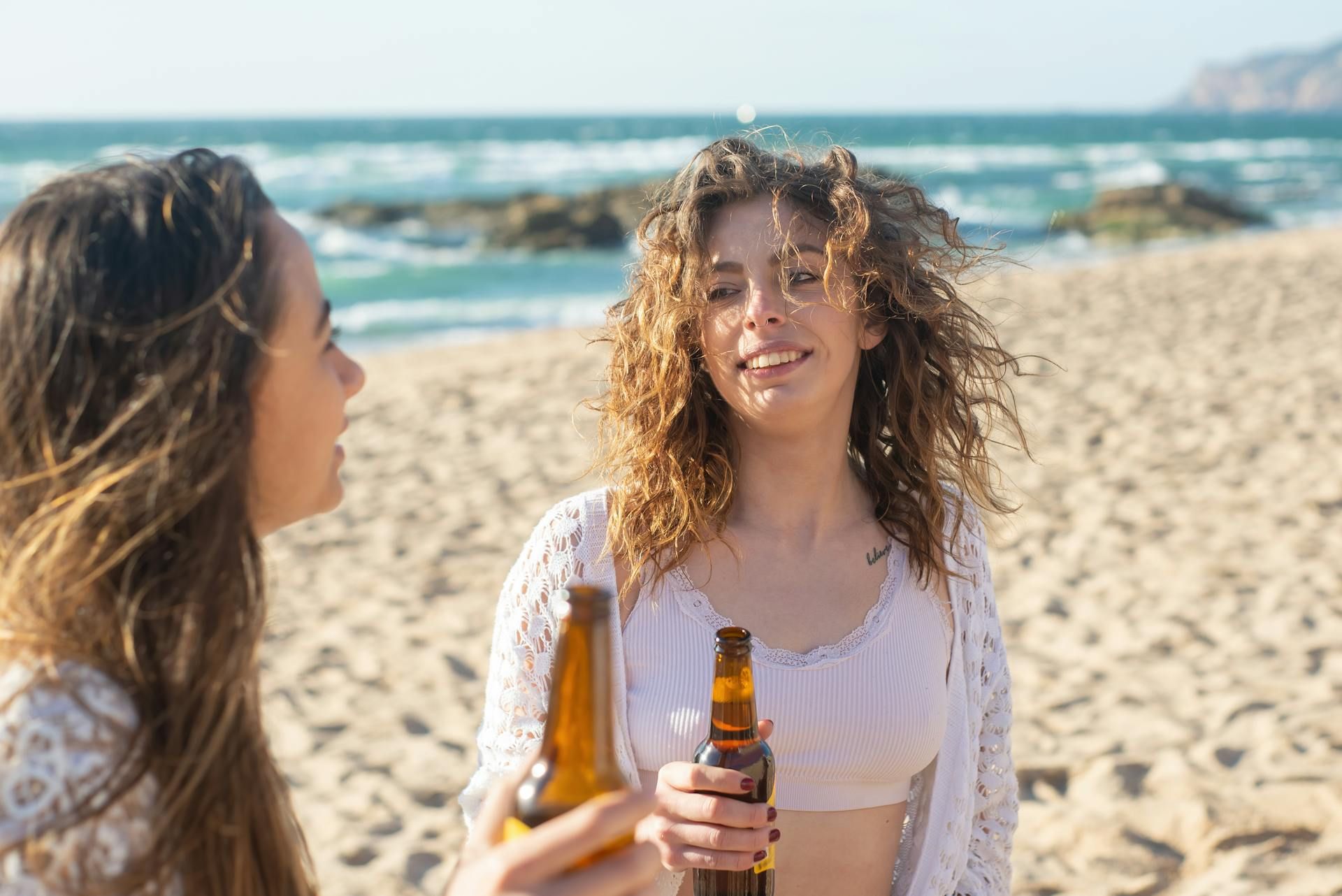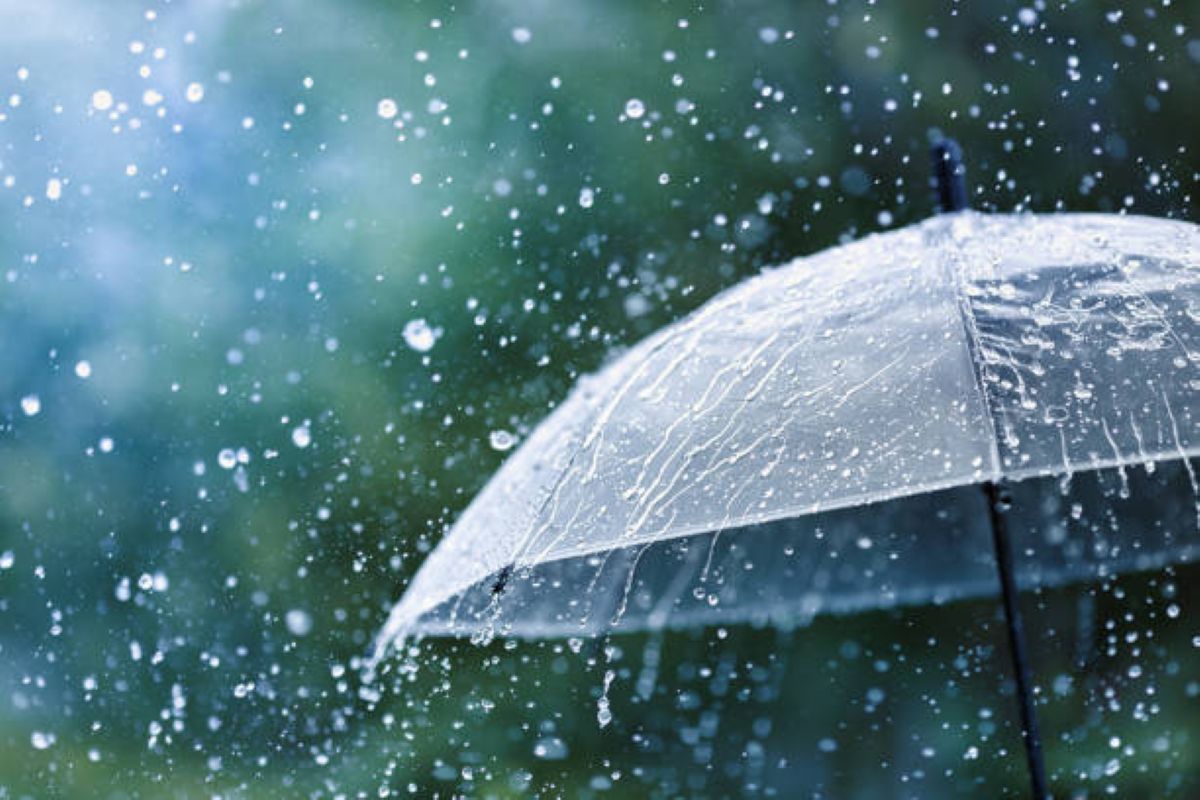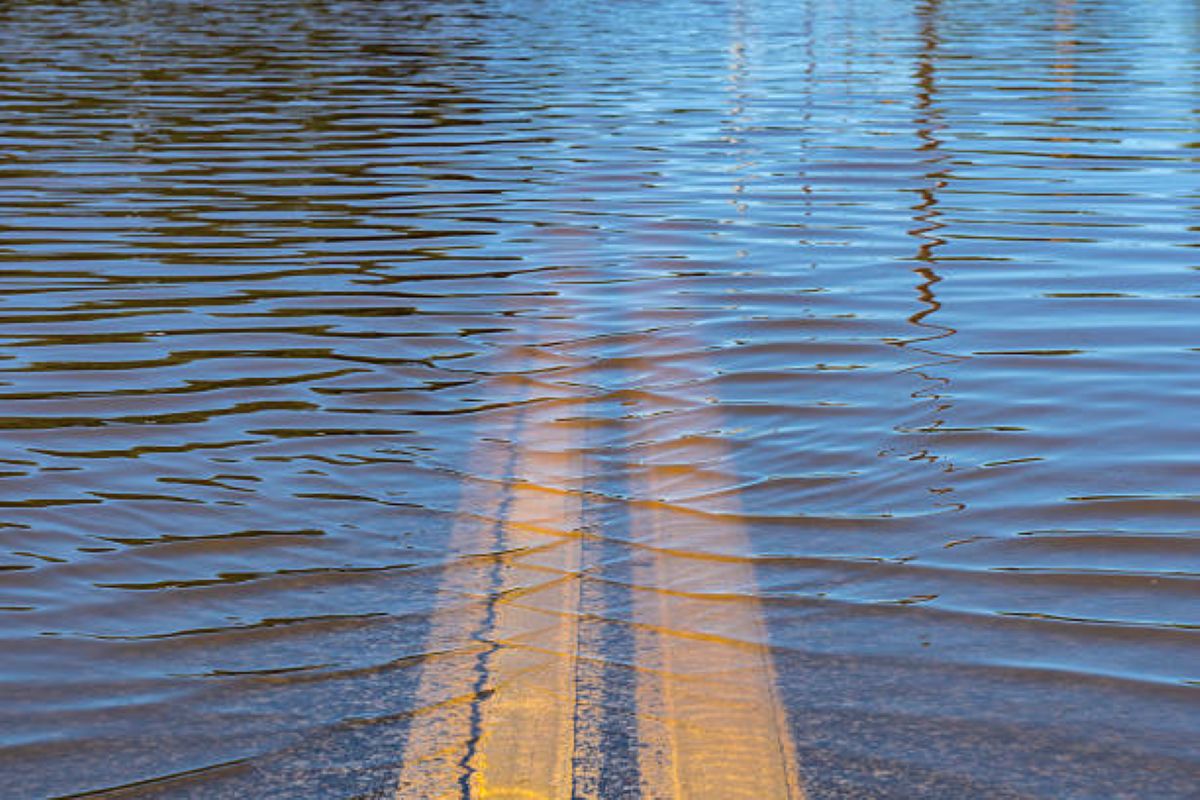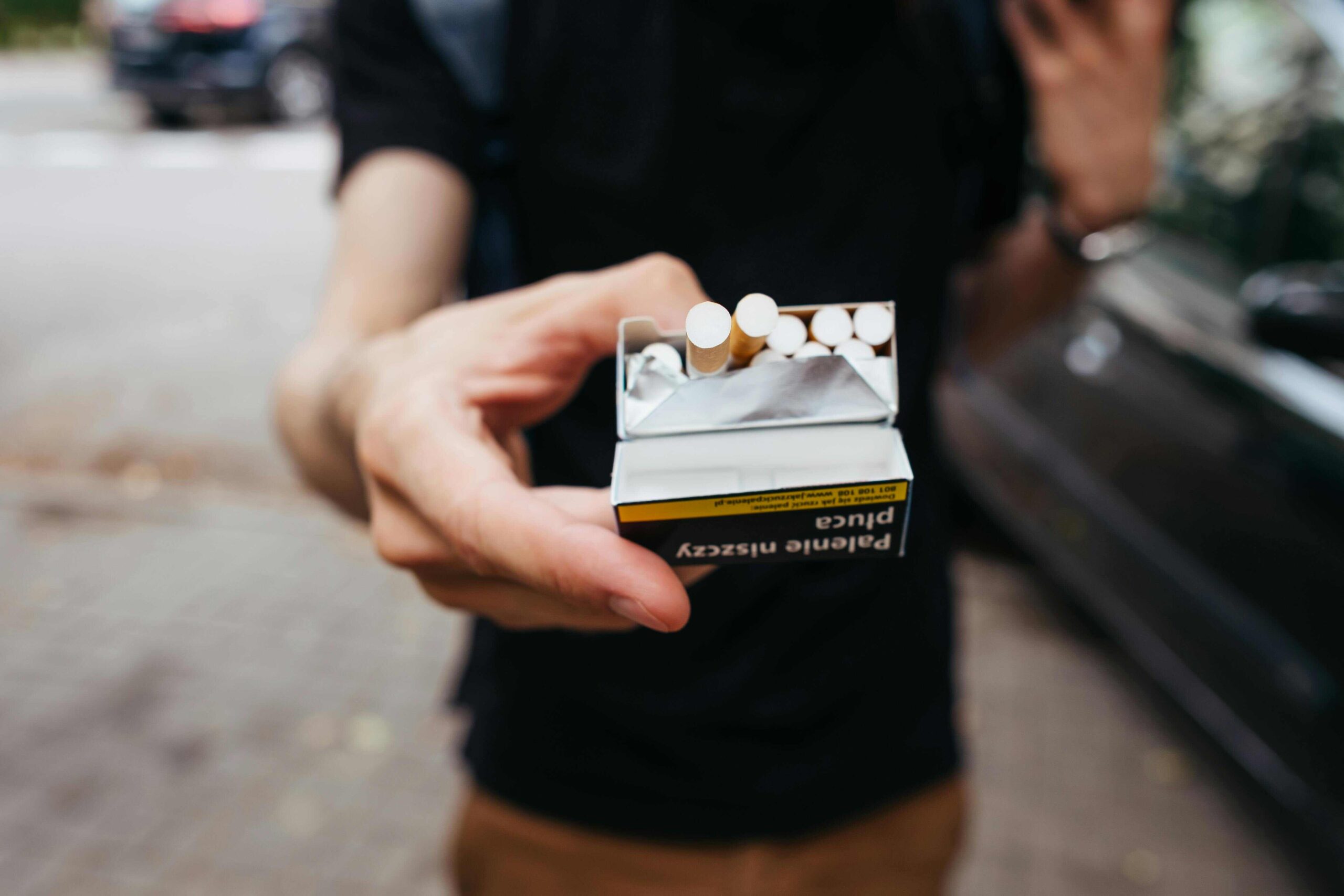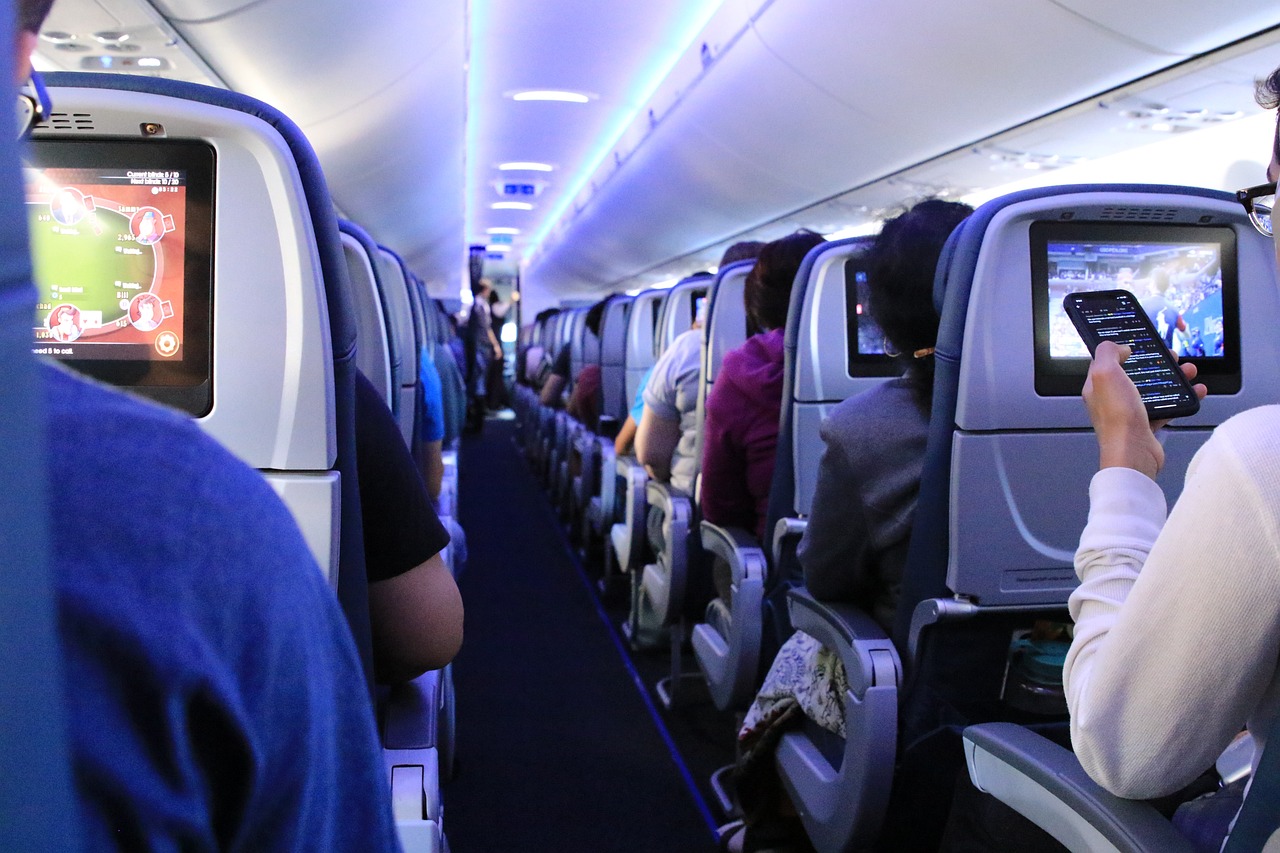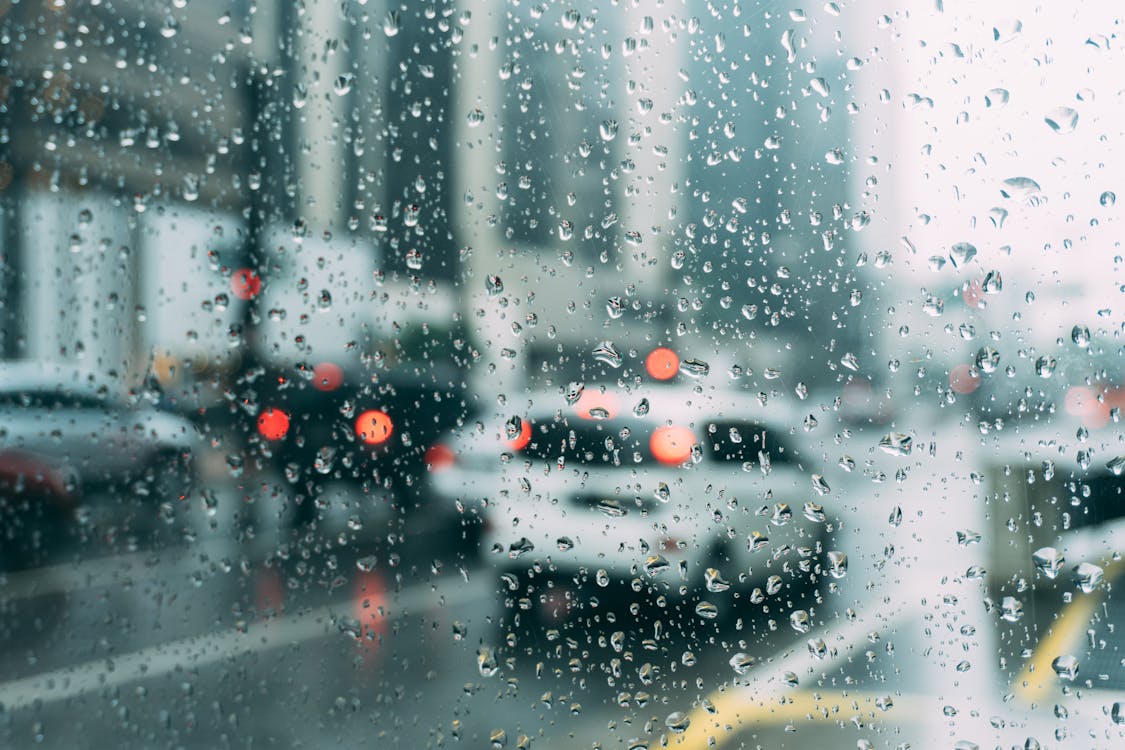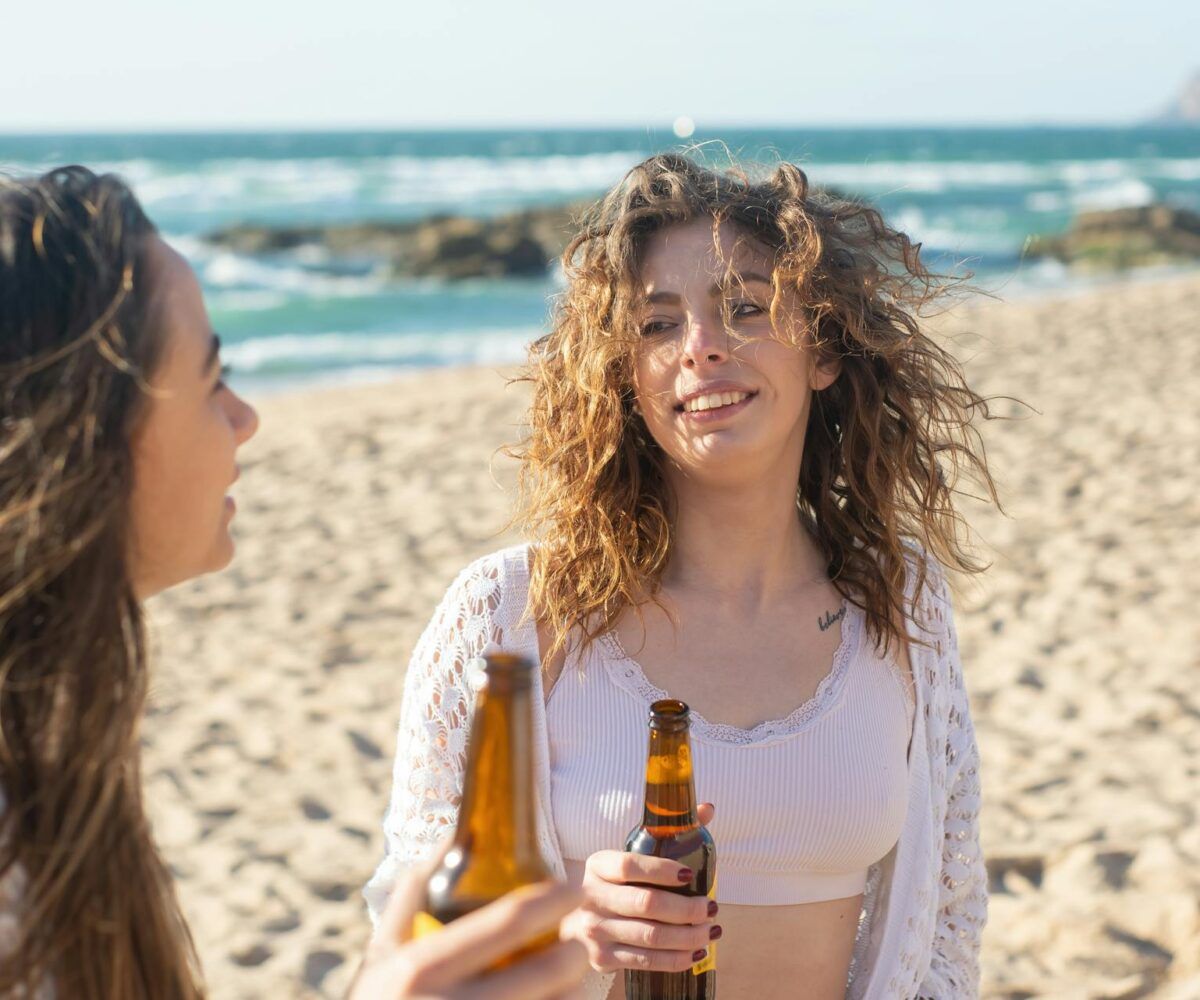
The City of Cape Town is taking significant strides to ensure the safety of children on its beaches this festive season through the Identikidz programme. However, even though alcohol is prohibited on Cape Town beaches, drunk parents remain a major concern, posing risks not only to themselves but also to their children and other beachgoers.
Is the Identikidz programme successful?
The City’s Community, Arts, and Culture Development Department coordinates the Identikidz programme. This past weekend, 10 756 children were tagged across 15 beaches. Markedly, nine children who were lost were reunited with their families through the programme. Strand Beach saw the highest number of children tagged, followed by Mnandi and Muizenberg. Councillor Patricia van der Ross, Mayoral Committee Member for Community Services and Health, emphasised the importance of this service. The beaches will be much busier in the next few weeks with predicted temperature increases and the many public holidays coming up.�
It is one of the most popular festive season safety interventions. Last season 133 730 children were tagged over five priority weekends, with 302 children reunited with their loved ones.
The City encourages those who accompany children to the beach to register children at the Identikidz registration desk. Registration staff will register children and issue them with an identification tag/wristband. It is important to note that staff members will only use the contact details in cases when it is necessary to do so. Otherwise, it remains confidential.
Identikidz staff members will assist with the reunification of a lost or displaced child. They will work closely with the relevant governmental departments such as the South African Police Service.
Challenges of alcohol consumption on beaches
Alcohol consumption on beaches continues to be a significant challenge. Alcohol is illegal on Cape Town’s beaches. However, lifeguards frequently have to manage intoxicated individuals, which diverts their attention from ensuring the safety of all beachgoers. Drunk parents, in particular, often fail to supervise their children, increasing the risk of accidents.
‘Your safety, and that of your family and friends, on the beach is first and foremost your own responsibility,’ said Councillor Van der Ross.
How can local authorities prevent alcohol consumption on beaches?
Let us know by clicking on the comment tab below this article.
You can also email info@thesouthafrican.com or send a WhatsApp to 060 011 021 1.
Also, follow @TheSAnews on X and The South African on Facebook for the latest news.
